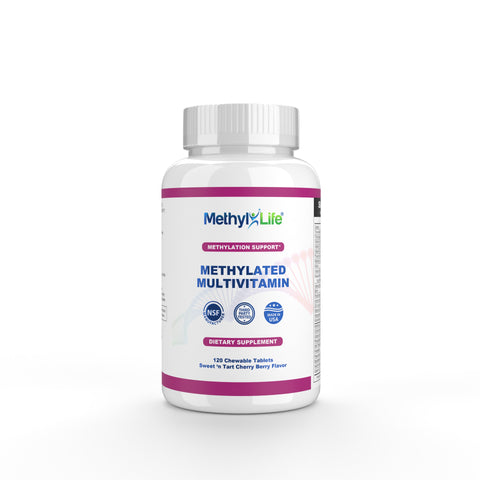We’ve all heard of folic acid or seen it on the back of an ingredient label. It’s one of the most common B-complex vitamins and can be found fortified in a variety of different foods we eat on a daily basis.
Despite how common it is, there’s a growing amount of confusion around what folic acid is and why it’s so important to our daily diet. A majority of this confusion is due to the fact that folic acid is often confused with folate, Vitamin B9, and methylfolate (L-methylfolate), it’s more expensive, but most active & absorbable form.
Believe it or not, these are all forms of Vitamin B9 and can all be beneficial to your toddler’s growth and development. Still, there are several differences between them that are important to understand before supplementing with any of them.
The truth is folic acid deficiency will have a wide range of effects on your toddler and plays an essential role in the development of your child’s organs, tissues, and brain function. Unfortunately, supplementing with synthetic, man-made folic acid isn’t always the best choice -- especially if your toddler suffers from an MTHFR gene mutation.
Don’t worry; we’ll break down everything you need to know about the different types of Vitamin B9, how they affect your child’s health and behavior, and how you can prevent deficiencies from forming in your toddler.













